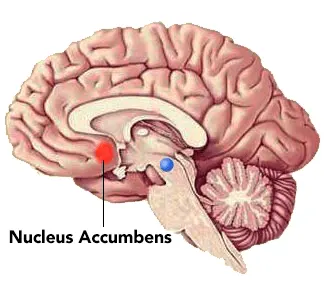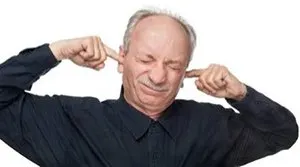For most people, music is an exercise in catharsis. A snappy tune by The Beatles may bring a smile on our face. Spinning Adele’s “21” after a breakup provides a layer of empathy to our distress.
Note that we said, “most people.” That’s because there are some people that don’t like music regardless of artist, style, or genre, because it’s like watching paint dry to them.
More specifically, these folks find it impossible to be emotionally stirred by any type of song, regardless of how booty-shaking or tear-inducing it may be to the rest of the world.
These people aren’t insensitive robots, mind you. Rather, they have been shown to possess a neurological condition that researchers call musical anhedonia.
A Look at the Musical Condition
Musical anhedonia was discovered by psychologists at the University of Barcelona during a study on subjects’ emotional responses to music.
Roughly five percent of the subjects were found to be Spock-like in their reaction a wide range of music, from classical to contemporary rock. Their non-reactions caused the psychologists to go down the rabbit hole to find out why this was the case.
Their research in the phenomena led them right toward the subjects’ brains – specifically, the way their brain functions. It’s been determined that people living with musical anhedonia have brains that present differences in how its auditory processing is connected to its reward centers. Those with the condition show sub-average connectivity between these two areas.
Further research involving brain scans revealed that these subjects showed less activity in what’s known as the nucleus accumbens when listening to music. This deeply scientific-sounding name is a key element in the brain’s reward network; because it’s hardly activated when music is being played, the listener isn’t feeling a sense of gratification when music fills the air.

Conversely, those that displayed a deep emotional connection to the music played have a heightened sense of nucleus accumbens activity. This demonstrates a logical link; the stronger the connection between a person’s auditory processing and its reward center, the greater a song’s emotional impact will have on a person.
Researchers also pinpointed a correlation between musical anhedonia and a lack of physiological response. It was determined that certain listeners reported chills when they listened to certain musical passages. Those with musical anhedonia did not report such feelings.
No Total Lack of Pleasure
Because musical anhedonia is rooted in a neurological response, this doesn’t mean that those viewing music as nothing more than distracting background noise are incapable of having evocative encounters. Those that have an indifference for music are quite capable of deriving great pleasure from food, competitive activities, and the like.
The reason for this again traces back to the brain’s reward circuit in connection to their ears. Researchers noticed that when those with musical anhedonia were tasked with a gambling activity, their activity within the nucleus accumbens was just as strong as those that enjoyed music.
This makes sense when you consider that the sub-normal connection within the brain and the reward circuit traces back to its auditory processing. Items activated by other senses – food and taste, for example – get to the reward center through different sensual processing channels. As long as these channels are working at a normal pace, the person will experience a normal sense of pleasure.
There’s Nothing Wrong with Musical Anhedonia
Due to the nature of the research, musical anhedonia can be distilled to a neurological condition. This may make it tempting to consider those that have the condition as being people suffering from a disorder. However, those behind the research are hesitant to refer to musical anhedonia as such.
The primary reason for this is because the researchers feel that branding the condition as a disorder may create a slippery slope in which it can ultimately be viewed as a mental illness.
They insist this is not the case at all. Rather, they view the condition as yet another example of how brain activity and functionality can be wonderfully unique.
Remember, something is only a problem, in this sense, if it interferes with your life.
The researchers also state that the discovery of musical anhedonia has helped those that have the condition achieve a sense of normalcy. These are people that were felt as a bit weird due to the premium society tends to place on music’s evocative response. Now that this condition has been identified and labeled, these people can confidently know that they’re not alone.

The next time you encounter someone who has zero opinion on any music whatsoever and wonders why anyone would want to learn how to play guitar, think twice about giving them any kind of grief. They simply may not be capable of music appreciation, and there’s nothing wrong with that. Maybe they’re even lucky in some ways when you consider some of the horrid music the rest of us have to deal with.
If you’re interested in learning about another strange medical condition that involves music, check out this post about musical synesthesia, where a person’s senses blend together and music creates colorful soundscapes in their minds.